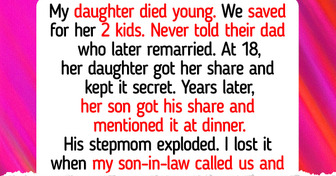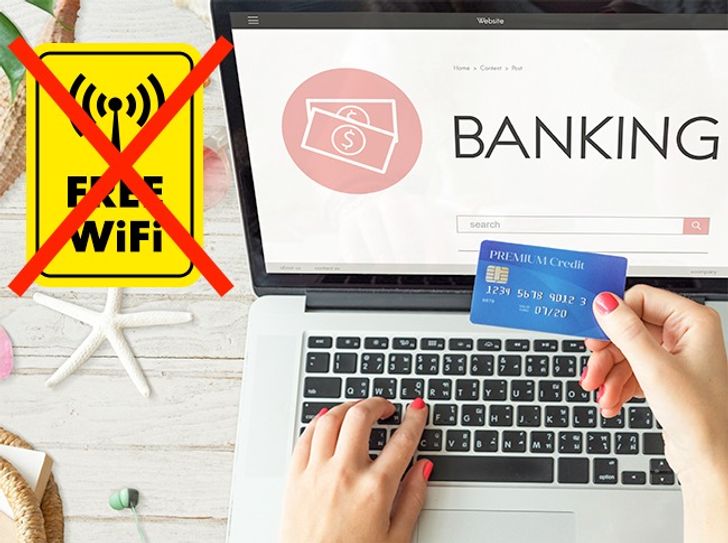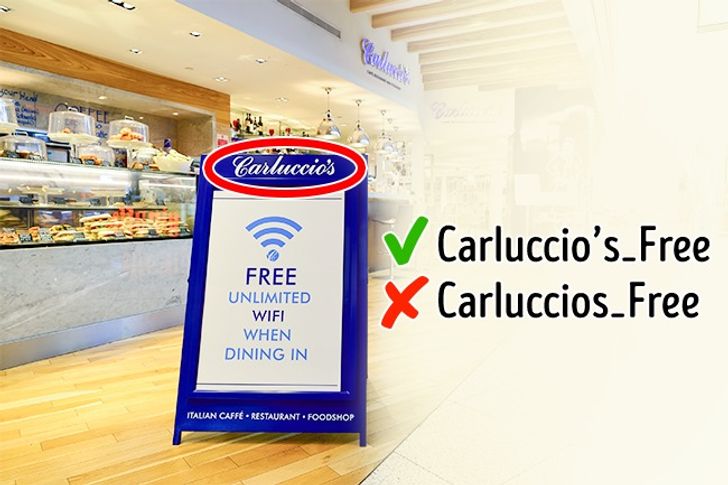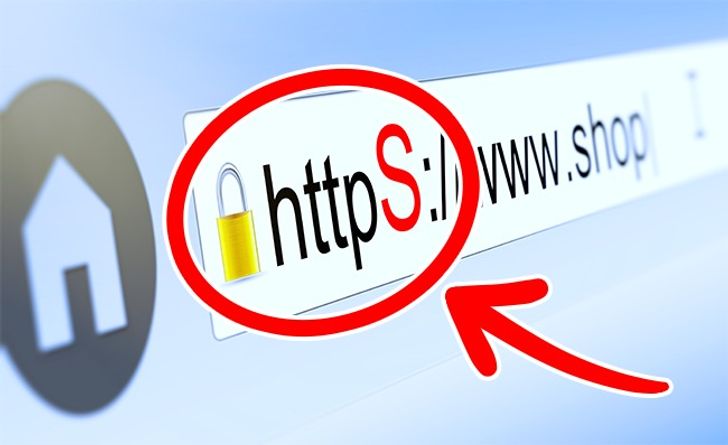9 Crucial Things Everyone Should Remember When Connecting to Free Wi-Fi
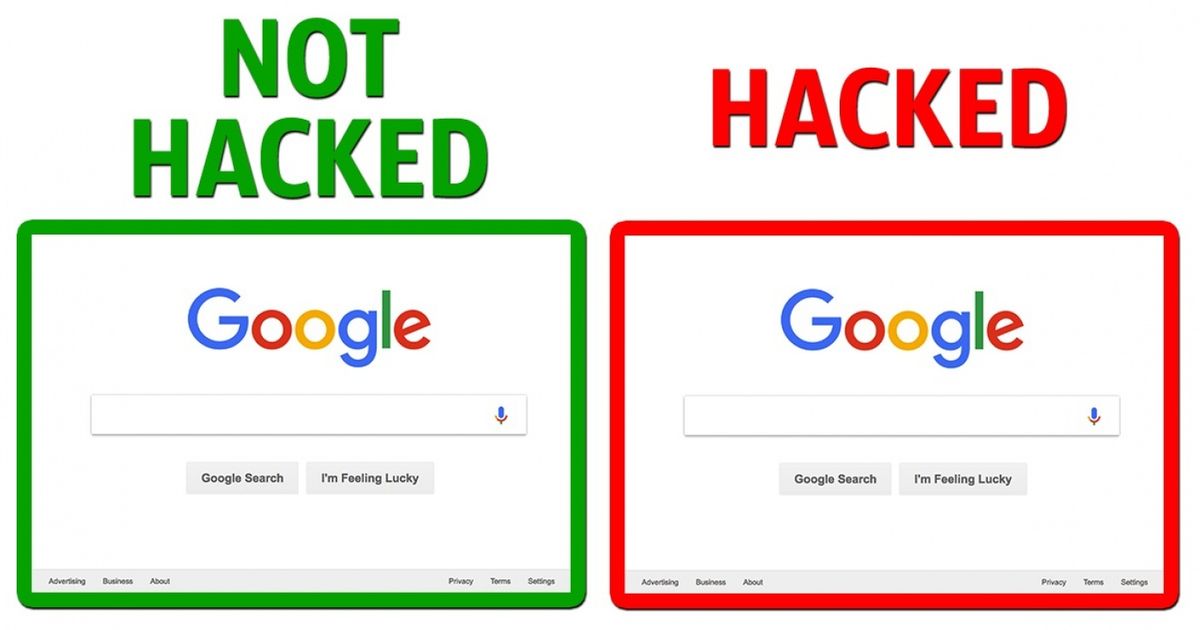
Free Wi-Fi is awesome, no doubts here. But public networks hide numerous hazards, including even the risk of losing all the funds in your bank account.
Bright Side collected the most crucial tips to ensure you never become a victim of web fraud when using public Wi-Fi access.

The only foolproof way to protect yourself from data theft is to use mobile traffic to make online purchases or Internet banking. A few paid megabytes are a reasonable price for your account safety.

By turning off Wi-Fi, you resolve three issues at once: rapid discharge of your battery, automatic connection to a fraudulent network, and annoying ad emails. For additional protection against the latter, add an extension called DoNotTrackMe to your browser — it won’t let the device track your movements.

VPN, or Virtual Private Network, allows you to stay anonymous while online: websites you enter will see the virtual network IP, not yours.
Such networks, though, are mostly paid, and they slow down your connection. However, the price is usually not that high, and most VPN providers still have free services too.

Most devices will automatically remember and connect to the hotspot they used at least once before. Frauds could create their own access point with the same name and thus get access to your profile data or even, with certain artifice, to your finances.

Hackers often use networks with names similar to ones already in the vicinity. The only difference is that an authentic hotspot requires payment or authorization/password, while a fake one is free to use. So before connecting to a free network, ask its owner for its name first.

Always use the latest antivirus versions. There are new ways of hacking appearing almost every day, and your antivirus should stay up to date. Besides, antivirus software warns you of possible fake hotspot connections.

A network that doesn’t require any additional actions to connect is possibly a fraudulent one. To stay on the safe side, choose a hotspot that requires you to enter a code sent as a text message to your phone. This will protect you from criminals duplicating the names of free networks.

Despite it being seemingly obvious that you shouldn’t write down your passwords in your devices, many do just that. Such carelessness makes it much easier for criminals to get access to your data. If you’d still like to store passwords on your media device, at least use a password manager that encrypts information in it.

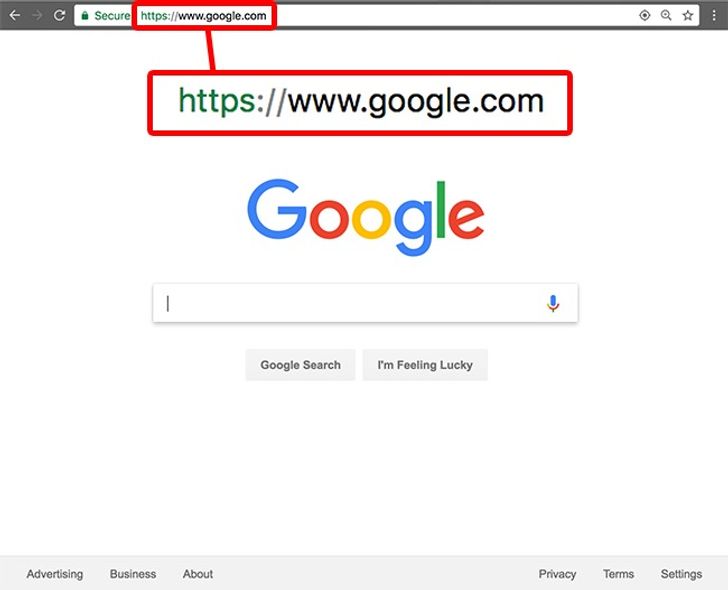
Fake networks might also redirect you to well-known websites, except those are really only collecting your personal data. If you see any weird characters in a familiar website’s URL, it most likely means that this website is not authentic. Google.com and ɢoogle.com aren’t the same thing. Make sure to use a reliable and secure browser because a good browser will detect such differences and warn you.

A safe connection is simple to identify: the URL starts with https:// instead of the usual http://. Some websites, like Google, always use a secure connection to transfer data.
If you want all websites to be secure, think of installing the HTTPS Everywhere extension, compatible with all popular browsers.
Comments
Related Reads
I Refuse to Support My SAHM Wife After Discovering Her Secret
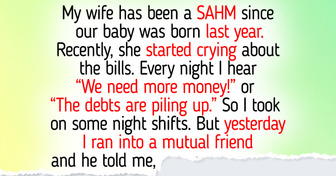
My Neighbor Disrespected My Privacy—My Revenge Was Sweet
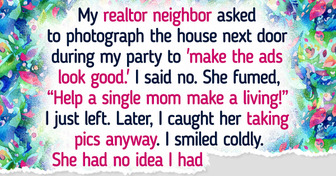
I Refuse to Help My Pregnant Sister, and I Don’t Feel Guilty

11 People Whose Small Acts of Kindness Turned Tears Into Smiles
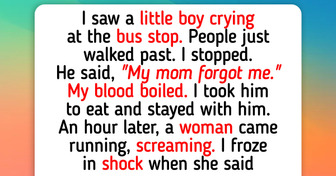
10 Moments When Kindness Was the Ultimate Power Move

10 Moments Where Kindness Didn’t Argue—It Acted

12 People Whose Kind Hearts Became a Lifeline in Someone’s Darkest Moment
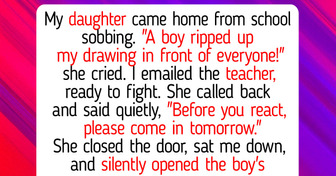
10+ People Who Went on Holiday for Comfort but Got a Crazy Story Instead
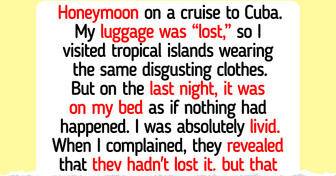
I Charged My MIL for Christmas Dinner, Even Though She’s Always Helped Us for Free
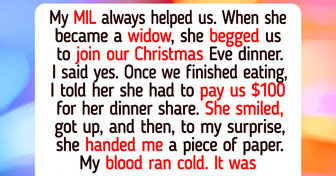
16 Moments That Show Kindness Is the Quiet Courage the World Needs
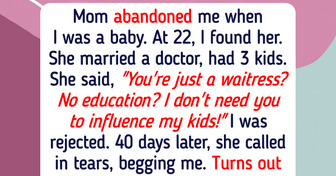
I Refuse to Earn Less Just Because I’m Getting Older
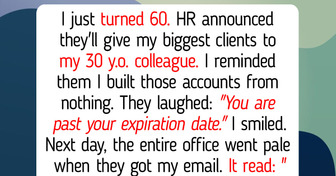
I Gave My Grandkids Their Inheritance at 18 — Their Stepmom Says I Destroyed Her Blended Family
